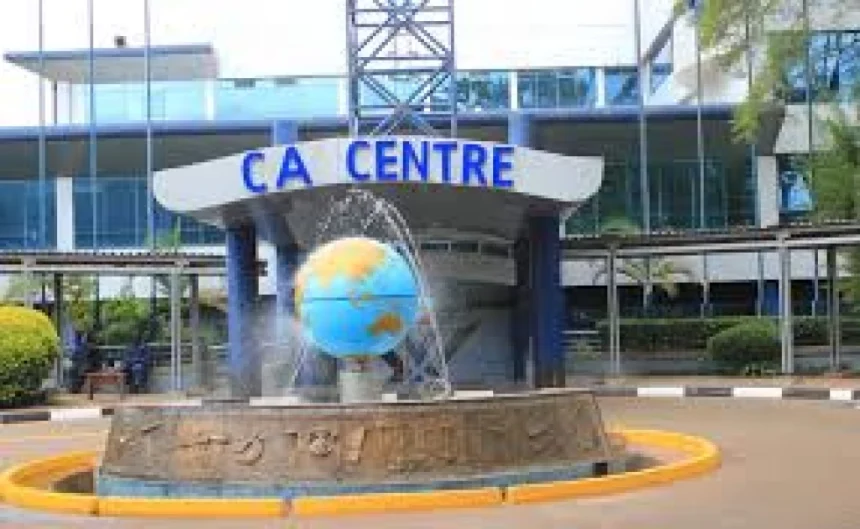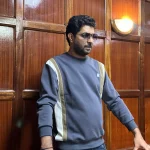The Communications Authority of Kenya (CAK) has issued a directive to all television and radio stations across the country to immediately cease live coverage of the ongoing June 25 demonstrations.
In a circular dated June 25, 2025 and addressed to “All Television and Radio Stations,” the Authority stated that broadcasting the protests live violates provisions of the Kenyan Constitution, specifically Articles 33(2) and 34(1), as well as Section 46I of the Kenya Information and Communications Act of 1998.
“The live coverage of the June 25th, 2025 demonstrations is contrary to Articles 33(2) and 34(1) of the Constitution of Kenya,” reads the directive signed by David Mugonyi, EBS, the Authority’s Director General and CEO.
The notice also warned broadcasters that failure to comply with the directive could result in regulatory sanctions under current media laws.
The Authority did not elaborate on the specific nature of potential penalties, but did emphasize its expectation of full compliance.
“This is to direct all television and radio stations to stop any live coverage of the demonstrations forthwith. Failure to abide by this directive will result in regulatory action,” the memo read in part.
The move coincides with a renewed wave of nationwide protests marking the one-year anniversary of the deadly June 25, 2024 demonstrations, which killed dozens and sparked global condemnation for alleged police brutality.
Civil society organizations and youth-led movements had promised to commemorate the occasion with peaceful rallies, vigils, and calls for justice.
Wednesday’s events were marked by heightened security and limited access to key parts of Nairobi.
Roads leading into the Central Business District (CBD) were barricaded by dawn, with major arteries such as Jogoo Road terminating at City Stadium, forcing commuters to walk the rest of the way.
Security was visibly intensified around government installations.
Razor wire and heavily armed officers sealed off all approaches to State House and Parliament, signaling a government on high alert following last year’s breach during the chaotic June 25 protests.
Interior Cabinet Secretary Kipchumba Murkomen arrived at Harambee House before sunrise to oversee security operations.
He was joined by senior officials, including Inspector General of Police Douglas Kanja, who had addressed the nation a day earlier.
In his brief Tuesday press conference, IG Kanja warned demonstrators to avoid restricted areas, affirming that “officers will act within the law to protect lives and property.”
Flanked by DCI Director Amin Mohamed, GSU Commandant Ranson Lolmodoni, and Nairobi Police Commander George Seda, Kanja declined to take questions from the media.
Both Kanja and Seda emphasized the importance of peaceful demonstrations. “We shall provide adequate security for both protesters and non-protesters,” Seda said earlier in the week.
“Let’s ensure demonstrations remain peaceful and do not infringe on the rights of others. It is a working day—businesses, shops, and hotels will be open.”
Authorities warned that any violence or acts of vandalism would be met with firm response, reiterating the government’s stance on maintaining public order.
This year’s protests—dubbed “Youth Transparency Day” by activists—focus not only on fiscal accountability but also on long-standing concerns around police conduct, unlawful detentions, and state impunity.
Civil society organizations have used the anniversary to renew calls for justice, compensation for victims, and sweeping reforms in the security sector.



